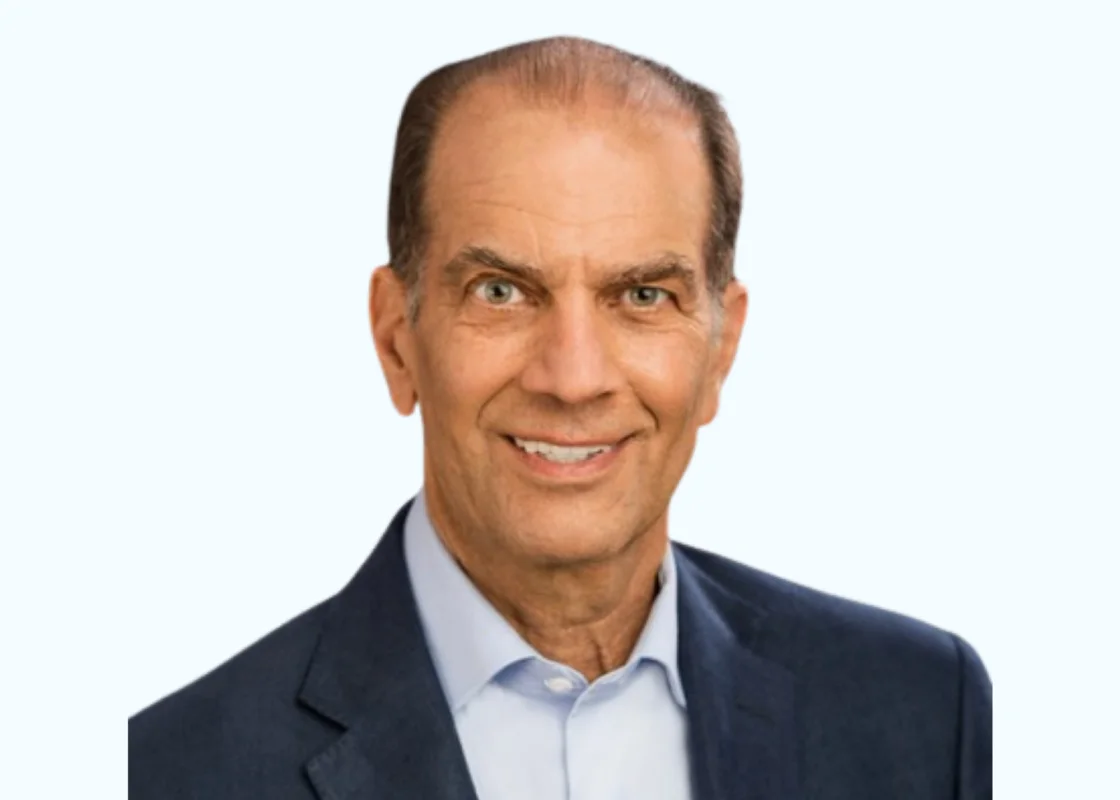The Challenges Restaurants Face in Going Green and What to Do
In the fast changing dynamics of the restaurant industry today, the mission of food service entrepreneurs is going through a significant transformation. Not only is there more pressure than ever to deliver a high quality consistent product in a hospitable and attentive atmosphere, operators have begun to realize they have a greater responsibility to give back to their local community and in particular become proactive stewards of our precious environment.
Over the past decade, the call to adopt restaurant sustainable practices has continued to grow. These practices in many cases have become integral parts of the restaurants vision and contribution to their community. In particular, there’s been a significant increase in an understanding of strategies restaurants could utilize in the areas of energy and water efficiency, the use of low or non-toxic cleaning and pest control products and the utilization of waste management practices to counter the enormous waste that occurs in restaurant operations. These strategies have often proven to also be a profit bonus to operators who use them intelligently.
Innovative technologies in the area of monitoring waste have become as easy to use as pressing a few buttons on a smart phone. Chefs have become more motivated to come up with creative uses for once thrown away product. Local governments and utility companies have provided financial and equipment incentives to restaurant operators who agree to install energy or water efficient equipment or incorporate other sustainable practices. Surveys have shown that the consumer looks more favorably upon restaurants who promote green practices. (Effects of Restaurant Green Practices, Jeong and Jang, 2010).
In addition it has been found, that a business that adopts sustainable practices is more likely to retain staff and have staff operate at a higher level of productivity. So with all this positive reinforcement to go green, why is it that restaurants have been so slow as an industry to more fully incorporate green practices in their day to day operations?
There are several key reasons for restaurants resisting restaurant sustainable practices. For one, most small independent restaurant operators are overwhelmed with the day to day pressures of running their businesses. To them, the impact of an overdue produce bill, a sudden drop in brunch business or a sump pump seizing up and dying are all problems that appear much more tangible and immediate.
Those challenges are much easier to grasp than the impact of buying energy efficient equipment and seeing savings over time or noticing the impact of non-toxic cleaning chemicals or good waste management practices over time. Most operators tend to think in terms of short term solutions to short term problems. Cash flow is invariably a constant daily issue that influences what an operator thinks about as they go through their day.
Secondly, there is a common misconception that restaurant sustainable practices cost more. This is often due to a lack of understanding. Again, that understanding takes time which most operators never seem to have and the tangible results from that understanding are not as immediate as the other issues they face.
Thirdly, sustainable practices don’t appear to be what their core restaurant business is supposed to be about which to many of them is just serving good consistent food in a pleasant and friendly atmosphere.
So given the above scenario, how do green organizations looking to make significant inroads into the restaurant sustainable practices break through these challenges? For the past 5 years, the Green Hospitality Initiative (GHI), a project funded by the EPA to the New York State Restaurant Association Educational Foundation, has faced this issue in attempting to educate and train operators in sustainable green practices. Here are three conclusions that have been reached as potential roadmaps to achieving success:
- The owner and driving force behind the business needs to believe that green practices are a key part of the business model and purpose of the restaurant and not just a side project. They need to see the value and importance of operating sustainably and commit to it over the long term. Education, consumer demand and the growing awareness of green practices can help support that change in operator thinking.
- If the belief is there on the part of the operator, they need to have the ability and commitment to instill that belief throughout the culture of the restaurant. Through educating and training staff and hiring people who already have beliefs in sustainable practices, the culture and actions of the restaurant will begin to reflect these values.
- There needs to be a go to green advocate in the restaurant who essentially has green practices as part of their job description. It would be up to them to continually show how green strategies could be used for the benefit of the restaurant and introduce new techniques and technology to the operation. They would be the catalyst to helping overcome the daily challenges mentioned above that press upon all restaurant operators.
The transformation of the restaurant business model to incorporate sustainable practices has not and will not be an easy one. Momentum has been building over this past decade but it is clear much more needs to happen. It is up to committed green organizations and forward thinking restaurant operators to lead the way and demonstrate that it is possible and highly beneficial to the restaurant and community to adopt a more sustainable way of operating a food business.
About the author
Alan Someck has a 42-year career in the hospitality industry. He has been an operator of high-volume restaurants for 25 years where he has been involved in running all facets of the business. His experience and expertise have led him to develop a well-regarded expert witness practice and consulting business. Alan has worked with many clients to create and build their concepts. In addition, he has worked on developing food products for market. Alan has also been awarded 7 EPA grants to train operators in Green sustainable industry practices. He has created an extensive network of industry professionals who he works with on a regular basis. Throughout his career, Alan has supported the success of entrepreneurs through executive coaching and training. For the past 14 years, Alan has taught at the Institute for Culinary Education in NYC and at NYIT where he has taught all aspects of culinary management. His students have opened fast-casual restaurants, cafes, bakeries, and fine dining operations all over the country and internationally. Alan is an active consultant at Cayuga Hospitality Consultants.
Contact Us




